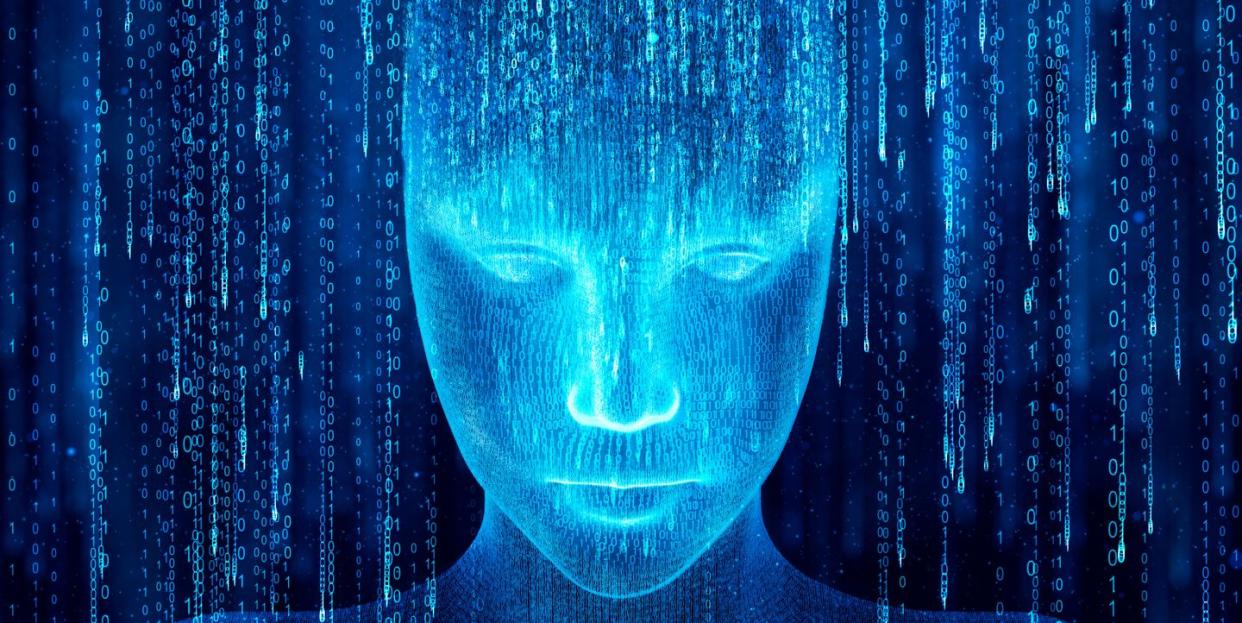'Godfather' Scientist Says Superhuman AI May Eliminate Humanity

- Oops!Something went wrong.Please try again later.
Considered the godfather of artificial intelligence, Geoffrey Hinton has been focused on AI for four decades.
The advancement of AI has led to a discussion of AI's powers, either on its own or in the hands of authorities.
Misinformation via AI is now a commonplace worry, leading to fears of AI taking over humanity.
Geoffrey Hinton has been working on artificial intelligence for over 40 years. Now, as we are watching the technology rapidly evolve, he tells CBS News there's cause for concern.
Regarding the odds of AI wiping out humanity, Hinton says it's "not inconceivable, that's all I'll say."
Don't panic just yet, though. That potential—even if it's only "not inconceivable"—to wipe out humanity doesn't lie with AI along the lines of ChatGPT. It references what is known as "general artificial intelligence," which is the kind where AI can truly act on its own accord.
"Until quite recently, I thought it was going to be like 20 to 50 years before we have general purpose AI," Hinton tells CBS News. "And now I think it may be 20 years or less. That's an issue, right? We have to think hard about how you control that."
So, according to Hinton, there's still time to work things out before we need to worry about causing our own demise—even if the tech is evolving faster than anticipated. At the moment, he is more concerned about how we manage a world-changing technology than he is about a potential AI-induced end to humanity. Hinton says that a handful of companies or governments could wield incredible amounts of power with AI technology in their hands.
Hinton, now working with Google after starting his AI career funded by the Canadian government, was one of the first to work on creating computers capable of learning on their own. This machine learning concept is now commonplace in society—both for better and, unfortunately, for worse.
AI has capabilities of making lives better through advances in medicine and scientific research, for example. But there's a tangible downside too, such as the growing misinformation tools made possible by AI.
As AI learning continues to blossom—exponential growth in the last few years has led to questions on how high AI capabilities can rise—the discussion around managing and controlling AI will remain an important one.
"I think it's very reasonable for people to be worrying about these issues now, even though it's not going to happen in the next year or two," Hinton says. "People should be thinking about those issues."
You Might Also Like

